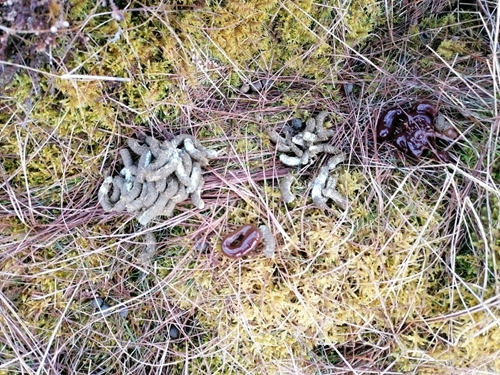Written by Nick Hesford
2 Minute Read
Last Thursday 12th August marked the beginning of the 2021 grouse shooting season. Though often referred to as the ‘Glorious’ Twelfth, few Estates will have reason to celebrate this year. Following one of the worst breeding seasons for 30 years, the prospects for driven grouse shooting in Scotland are extremely disappointing for 2021. Whilst some Estates have postponed the opening of their season, others have cancelled driven days altogether.
Poor quality habitat, following an exceptionally cold spring, resulting in hens being in increasingly poor nutritional condition, may be partially to blame for this difficult season. However, rising numbers of parasites, despite the application of medicated grit, should not be overlooked.
The nematode worm T. tenuis lives inside the caeca gut of red grouse and is the cause of the disease strongylosis. High levels of infection can cause significant reductions in breeding success and high mortality. Regular testing for worms from shot grouse is standard practice on moors managed for driven grouse shooting.

Our advisors can help analyse worm presence using caecal pat sampling techniques
Each year, estates rely on our Upland Advisory Service to help conduct worm counts and provide expert insight into disease management. However, estates can sometimes struggle to obtain a sufficient sample of shot grouse to be informative, especially following poor breeding years, during which few or no shoot days are held. In the absence of shooting or where bags are small, our Advisors can help analyse worm presence using caecal pat sampling techniques, usually during the months from November to mid-March. By conducting caecal egg counts we can provide a reliable index of strongyle worm burdens and pre-breeding condition.
Disease management is used to help stabilise red grouse abundance and encourages consistent investment in moorland management. The information provided by our Advisors can help inform discussions with your vet about whether medicated grit is required. This may be more important than ever given the dire season facing many this year.
For more information about disease monitoring in red grouse, please contact Hugo Straker (hstraker@gwct.org.uk 07713 074147) or Nick Hesford (nhesford@gwct.org.uk 07896 006332).